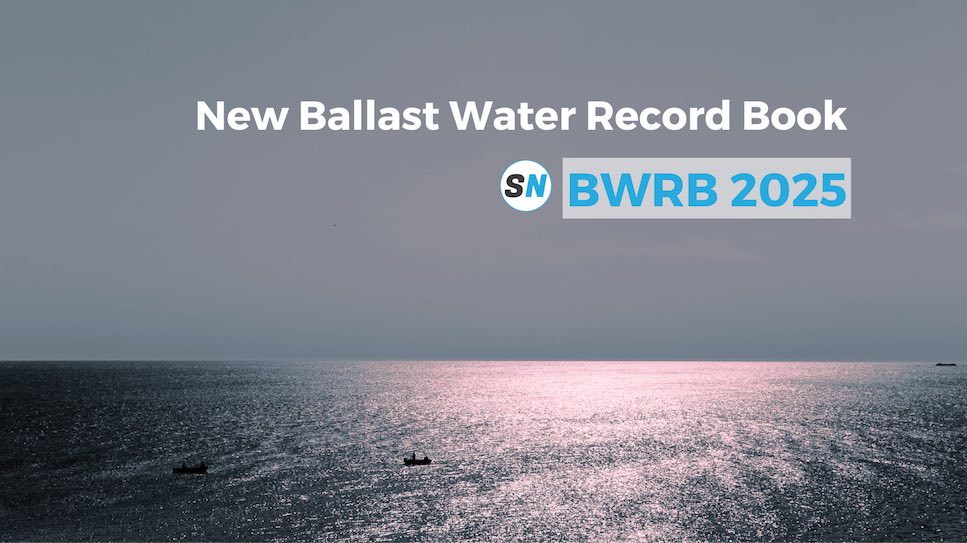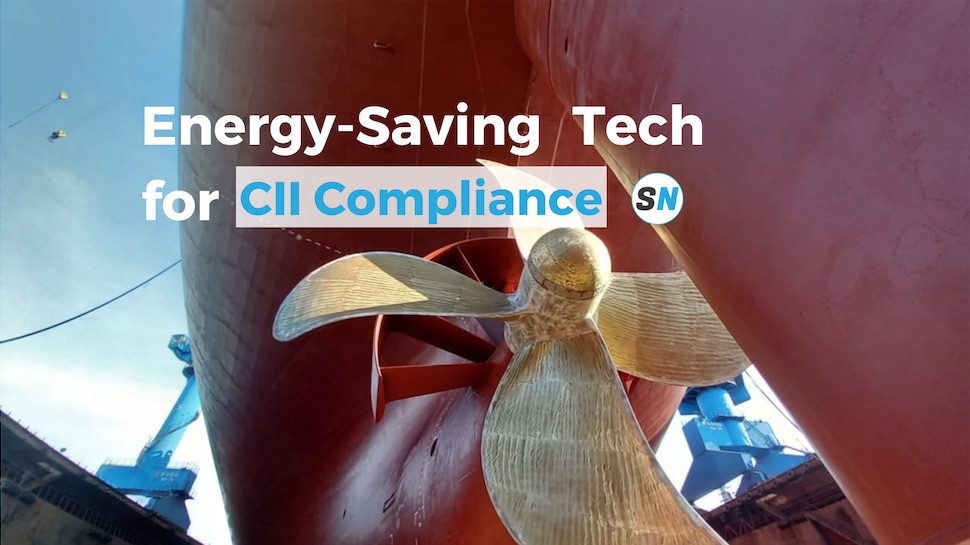28 November 2024
Business as usual for decarbonization is not an option after 2023

The coming year 2023 will be defining for shipping’s decarbonization journey and the industry can no longer go about its business as usual, according to shipowner group BIMCO.
“We just entered a year that will be defining for our industry’s level of ambition when it comes to decarbonizing,”
“In about three months’ time, the MEPC 80 (Marine Environment Protection Committee) is expected to adopt a revised IMO strategy for reduction of greenhouse gas emissions for ships.”
Thomas Damsgaard, Head of Americas, BIMCO
Speaking at the Connecticut Maritime Association conference in Stamford, he said 2023 would be a pivotal year for shipping as emission regulations should further tighten and expectations increase for progress on decarbonization.
Regulation is the “backbone” for shipping and other industries when it comes to decarbonization, and without it “developments would be slower and common guidelines and goals more blurred”.
To reach the target of net zero by 2050, shipping will face increasing commercial pressure to decarbonize, and the industry will need “all hands on deck”.
“We will need the industry to collaborate in ways that go beyond what we are used to. Business as usual is not an option,”
“This year, we will see mounting pressure from investors, financiers, regulators, shippers and consumers. This year, we will need regulation from the IMO that works in practice, not on paper, and we will need collaboration and alignment. Perhaps more than ever.”
Thomas Damsgaard, Head of Americas, BIMCO
The International Maritime Organization’s carbon intensity index, launched this year, is flawed and “leaves plenty of room for improvement”, Mr. Damsgaard said. The index seeks to optimize vessel voyages to reduce emissions for decarbonization, but its metrics and implementation have been heavily criticized by the industry.

New CII clause puts pressure on time charterers
International shipping organization BIMCO has released its keenly awaited new Carbon Intensity Indicator (CII) operations clause. Thus, imposing charterers to expectedly take responsibility for a ship’s emissions.
Ship Nerd
For one, critics say, shorter voyages and longer waiting times at port are often penalized, although they are typically outside of a shipowner or manager’s control.
Another issue is that shipowners must comply with the regulation, but they often have no control over how efficiently a charterer operates their ships.
Mr. Damsgaard called on shipowners and charterers to “fundamentally change” their relationships and deepen their collaboration so the regulation can achieve its goal of helping the industry reduce its carbon emissions towards decarbonization.

Importance of SEEMP & Collaboration in Meeting CII Requirements
Shipowners should focus on SEEMP, and work in close collaboration with charterers, the industry may be off to a good start for the CII framework.
Ship Nerd
“The usual way of working together, is not an option. It’s not an easy task,” he said, adding that without collaboration across the entire maritime industry, no progress would be made and goals would be misaligned.
“If we are not heading in the same direction, if we chose old ways over new, go about business as usual and fail to focus on the efficient solutions that can make a difference today, the state of the industry will be one, where we get together here in Stamford 12 months from now, with accounts of slow progress and blurred common goals.”
Thomas Damsgaard, Head of Americas, BIMCO
Source: BIMCO
See Also
After criticism from a host of shipping heavyweights this week over its CII operations clause for time charter parties, international shipping organization BIMCO has ensured to take the advice onboard.
Note that, heavyweight shipowners and charterers, have strongly criticized BIMCO’s Carbon Intensity Indicator (CII) operations clause. Particularly, making charterers contractually responsible for the CII performance of their hired ships.

BIMCO responds to criticism on CII charter clause
After criticism from shipping heavyweights over the CII operations clause, BIMCO has ensured to take the advice onboard.


